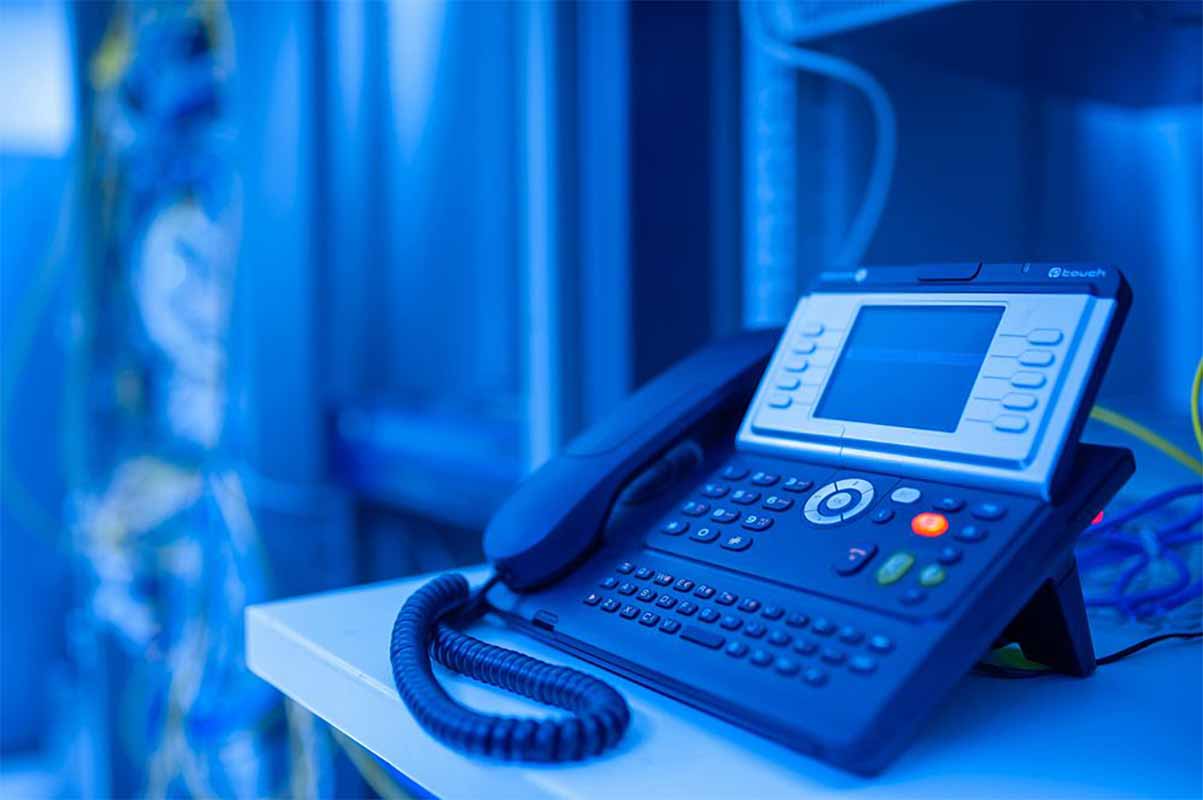Calling All Devices: Understanding Voice Over Internet Protocol (VoIP) in the Philippines
In today's interconnected world, traditional landline phones are being outpaced by advanced technology, particularly in the Philippines. Voice over Internet Protocol, or VoIP, is at the forefront of this communication revolution. By leveraging a broadband internet connection, VoIP allows Filipinos to make calls without relying on traditional phone lines. This innovation is not just a leap in technology; it's a gateway to global connectivity and efficiency for both businesses and individuals.
Decoding the Jargon: How Does VoIP Work?
To understand VoIP, envision your voice as a sound wave during a call. Traditional phone systems convert this wave into an electrical signal traveling through physical wires. In contrast, VoIP technology in the Philippines employs a more modern method. It transforms your voice into digital data packets, similar to how data moves across the internet. These packets, compressed and transmitted over your internet connection, are reassembled into clear speech at the recipient's end, ensuring seamless communication.
Key Components for VoIP Usage in the Philippines
To effectively utilize VoIP, Filipinos need:
-
VoIP Service Provider: This is akin to an internet service provider, offering necessary infrastructure and software. They manage voice-data packet conversion and delivery.
-
VoIP Phone or Softphone: Choose between a VoIP phone, which connects to your internet router, or a softphone, a software on your device (computer, smartphone, tablet) using its microphone and speakers.
-
Stable Broadband Internet Connection: Essential for clear and uninterrupted calls, a robust internet connection is key, especially in areas of the Philippines with varying connectivity quality.
Advantages of VoIP in the Philippines

VoIP's growing popularity in the Philippines can be attributed to several benefits:
-
Cost-Effectiveness: Especially for international calls, VoIP offers a more affordable solution compared to traditional phone services, a significant advantage for Filipinos communicating overseas.
-
Scalability and Flexibility: VoIP systems easily adapt to varying needs. They are especially beneficial in the Philippines, where businesses range from burgeoning startups to large enterprises. The flexibility of receiving calls on any internet-enabled device is also a boon for the increasingly mobile Filipino workforce.
-
Feature-Rich Functionality: VoIP in the Philippines isn't limited to voice calls. Many providers offer additional features like video conferencing, voicemail transcription, and call recording, which enhance the overall communication experience.
Different Flavors of VoIP Systems
Philippine businesses can choose between:
-
Hosted VoIP: The more common and user-friendly option, where all technical aspects are managed by the service provider.
-
On-Premise VoIP: More suited for businesses with specific security needs or large-scale operations. This requires purchasing and maintaining VoIP hardware and software.
Security Considerations for VoIP Users in the Philippines
Security is paramount, especially with internet-based communications like VoIP:
-
Use Strong Passwords: Protect your accounts and devices with complex passwords.
-
Enable Encryption: Ensure your communication is encrypted during transmission.
-
Beware of Phishing Attacks: Be cautious about revealing login credentials.
-
Keep Software Updated: Regular updates are crucial for security.
Is VoIP Right for You in the Philippines?
For Filipinos considering a modern, cost-effective, and feature-rich communication solution, VoIP is a significant contender. With the right service provider and a reliable internet connection, VoIP could be the perfect fit for your communication needs, be it personal or professional.


